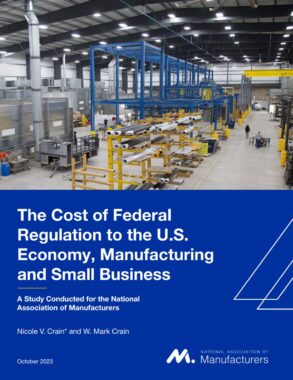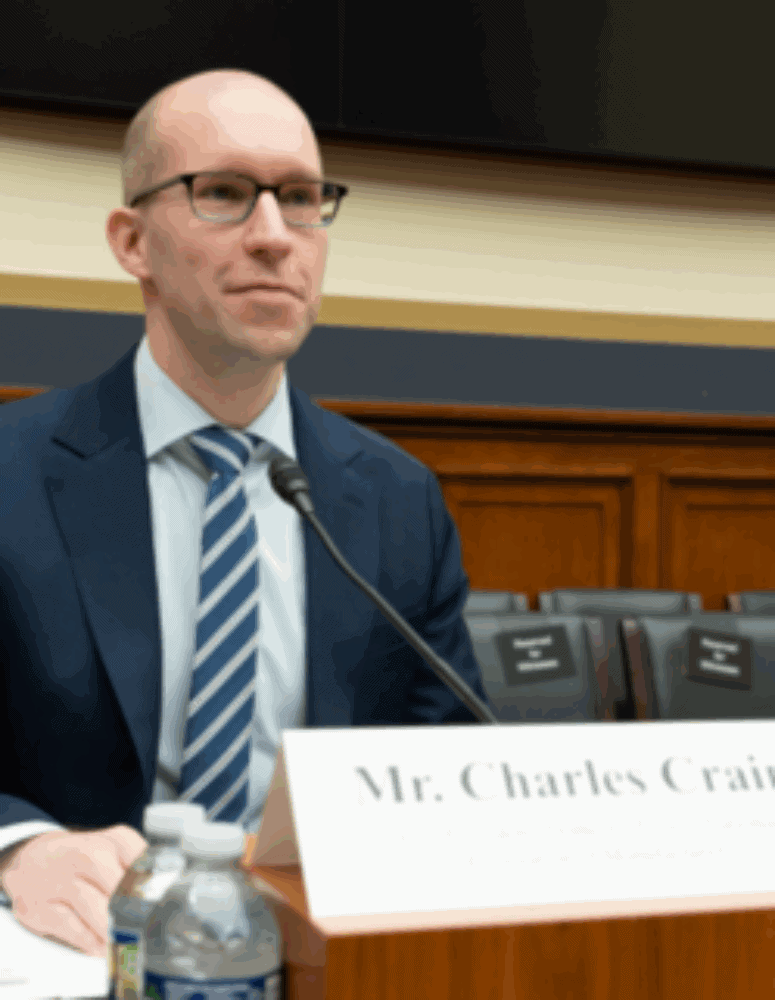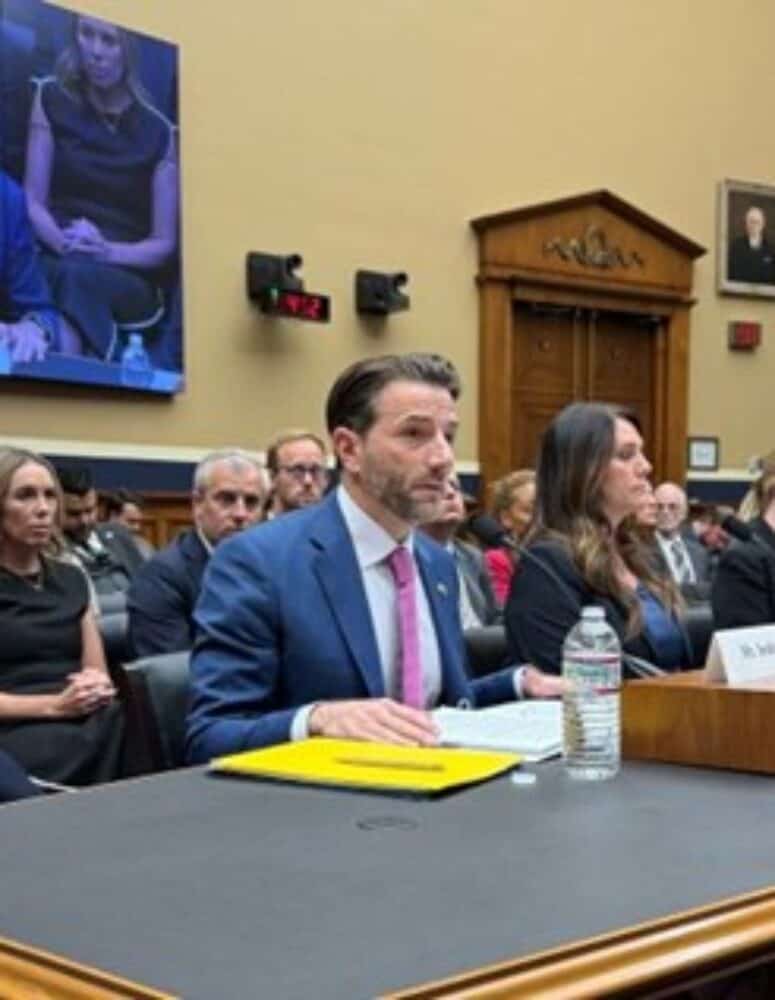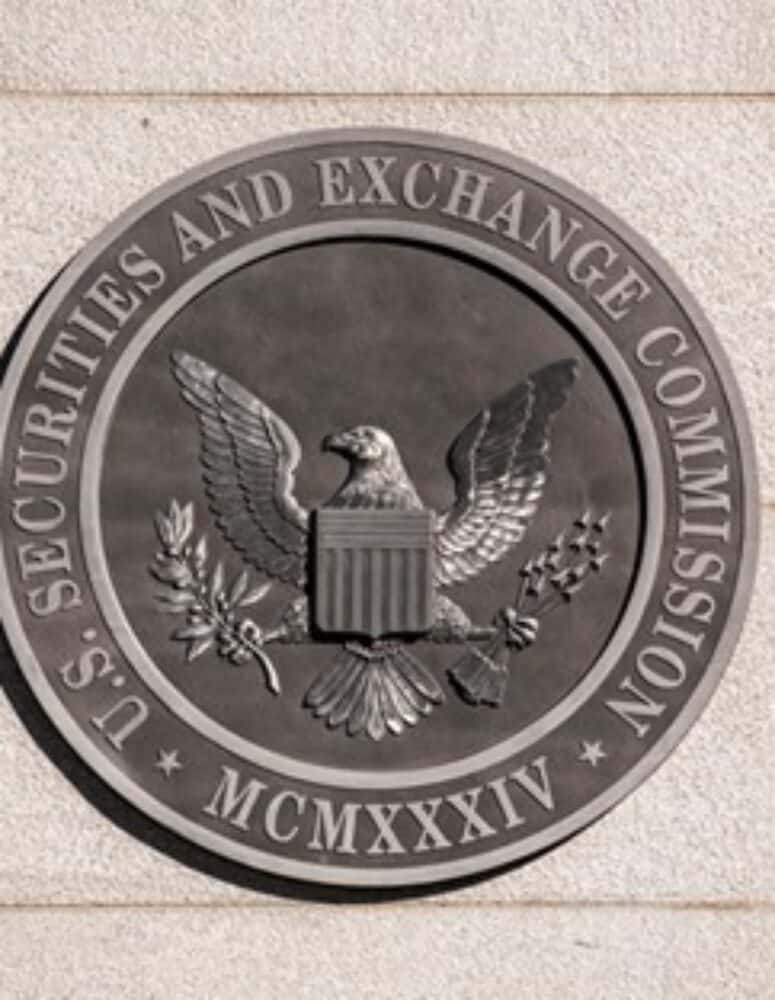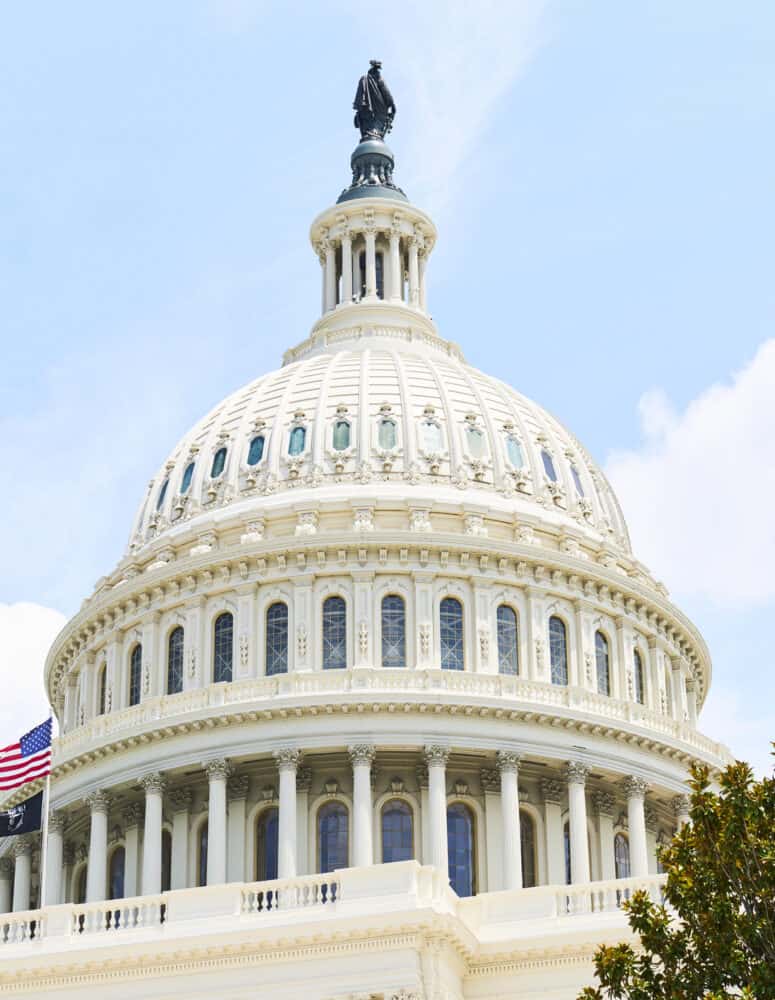The figures above can be found in the NAM’s 2023 study,
“The Cost of Federal Regulation to the U.S. Economy, Manufacturing and Small Business.”
Fighting the Regulatory Onslaught
NAM Leads Industry-Wide Call for Trump Regulatory Reforms
The Cost of Federal Regulations
The Cost of Federal Regulations
The current regulatory onslaught threatens the competitiveness of manufacturing in America, chilling manufacturing investment, job creation and wage growth, and blunts the positive impacts of tax reform, the Bipartisan Infrastructure Law and the CHIPS and Science Act. With millions of hardworking men and women relying on manufacturing for their livelihoods, the stakes are high.
If we are to succeed in creating a more competitive economy, we must reform our regulatory system so that manufacturers are not exhausting time and resources to comply with inefficient, duplicative and unnecessarily burdensome regulations.
The NAM’s 2023 study, “The Cost of Federal Regulation to the U.S. Economy, Manufacturing and Small Business,” provides a top-line estimate of regulatory costs on the U.S. economy and provides a snapshot of how the regulatory cost burden is distributed across major sectors of the U.S. economy and among three categories of firm sizes.
In 2022, manufacturers faced stiffer regulatory hurdles compared to similarly sized peers in the economy at-large. The disparity is particularly acute for small manufacturers.
Survey of Manufacturers: What Would You Do with Funds Currently Allocated to Federal Regulatory Compliance?
Manufacturers would spend 86% of funds currently spent on compliance on reinvesting in their business or employee initiatives if given the choice.
What Should We Do Now?
Below are critical policy recommendations that Congress and the president should act on to protect the environment and ensure public health and safety, while also promoting economic growth and job creation.
-
1Strengthen, streamline and codify the regulatory system to improve regulatory outcomes, increase accountability through meaningful retrospective reviews and sunset outdated and ineffective regulations.
-
2Set and enforce responsible regulatory budgets, conduct rigorous oversight and hold independent regulatory agencies accountable for discretionary regulations, improved transparency and the quality of the rules they issue.
-
3Reinstate mandatory penalties for lawyers who file frivolous lawsuits and prevent abuses of the class action and mass torts systems, as well as the public nuisance doctrine.
-
4Promote the efficient, cost-effective resolution of litigation, including through alternative dispute resolution.
-
5Support clear standards for liability and the rigorous application of procedural rules, including statutes of limitations and relevance and proportionality requirements in discovery, as well as limits on punitive damages and case consolidation.
-
6Resist calls for punitive changes to the review process for mergers, acquisitions and significant capital investments that could undercut the consumer welfare standard and harm America’s economic competitiveness.
-
7Maintain and support legislation that guarantees unified and predictable federal preemption for federally approved and regulated products and services in national commerce and limits state law tort lawsuits that unacceptably interfere with federal regulatory regimes.
-
8Oppose legislation that incentivizes and subsidizes litigation against manufacturers.
-
9Oppose efforts to prohibit binding arbitration clauses in employment, consumer and commercial contracts when arbitration programs meet a high standard for due process and protect the rights of all parties involved.
-
10Support legislation that reduces the availability of counterfeits on e-commerce platforms, acts against IP infringement, provides up-to-date enforcement capability and improves government collaboration to fight fake goods.
Manufacturers for Sensible Regulations
The National Association of Manufacturers, members of the NAM’s Council of Manufacturing Associations and Conference of State Manufacturers Associations launched Manufacturers for Sensible Regulations to address the impact of the current regulatory onslaught coming from federal agencies. To ensure manufacturers remain competitive, we are calling on the White House to designate a senior-level adviser to coordinate efforts within the White House to ensure that federal regulators are implementing policies that align with the president’s promise to promote the growth of manufacturing in America.
For more information, please contact us at [email protected].
Notable Members
 |
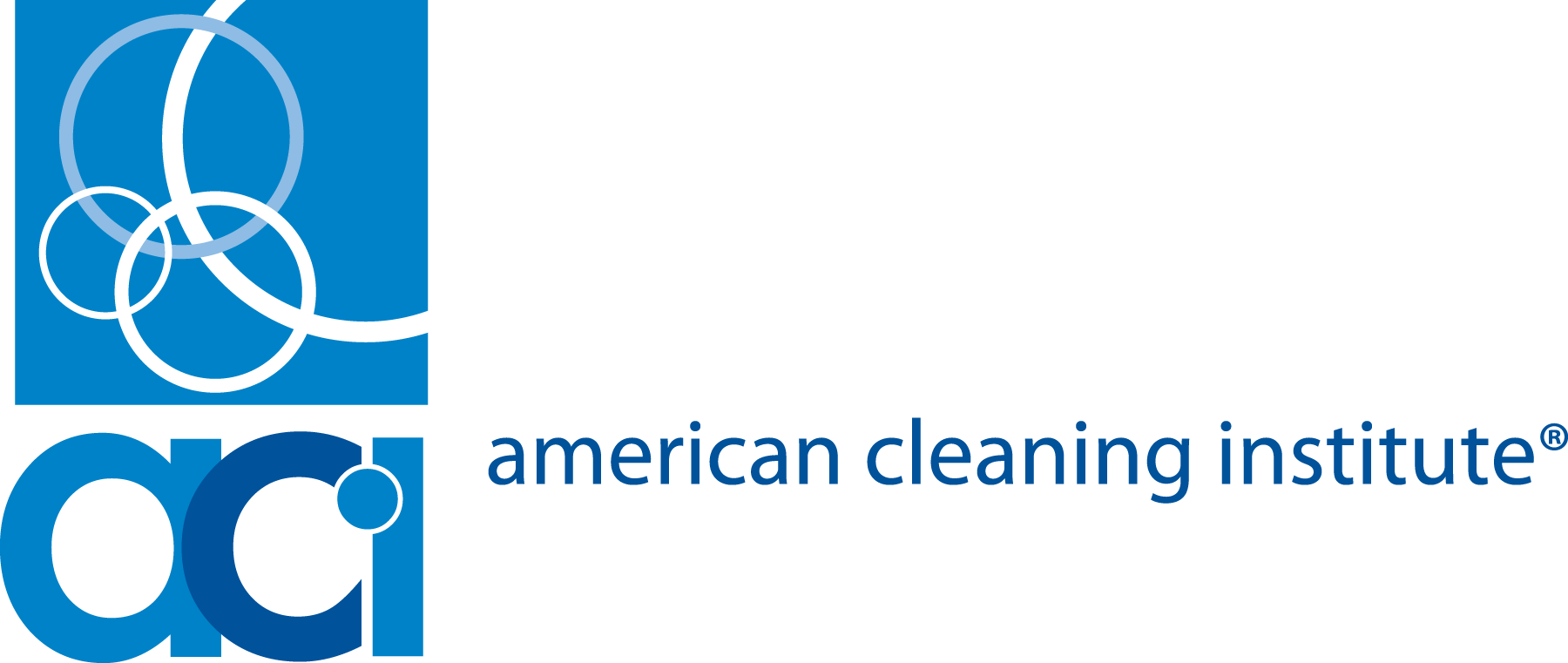 |
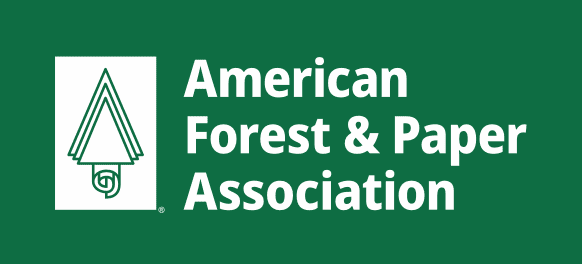 |
 |
| |
 |
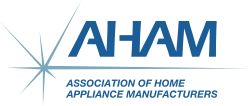 |
 |
| |
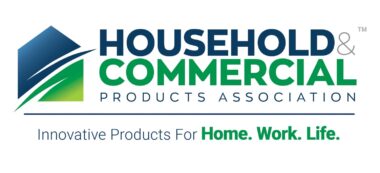 |
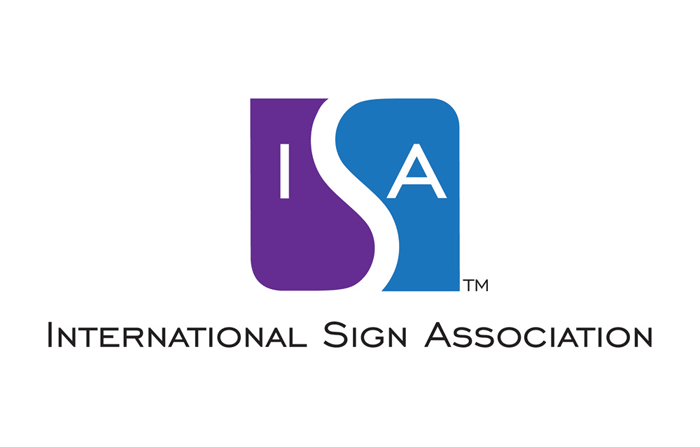 |
 |
 |
 |
 |
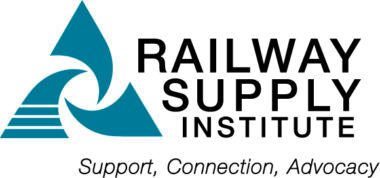 |
Share Your Voice
By sharing our voices, manufacturers play a vital role in advocating for commonsense regulatory reforms that also promote economic growth and job creation.
We encourage you to share with us your thoughts on why fighting the current regulatory onslaught is critical for manufacturing’s competitiveness. In doing so, you’re helping to equip the NAM with our most powerful advocacy tool: the manufacturing voice.
